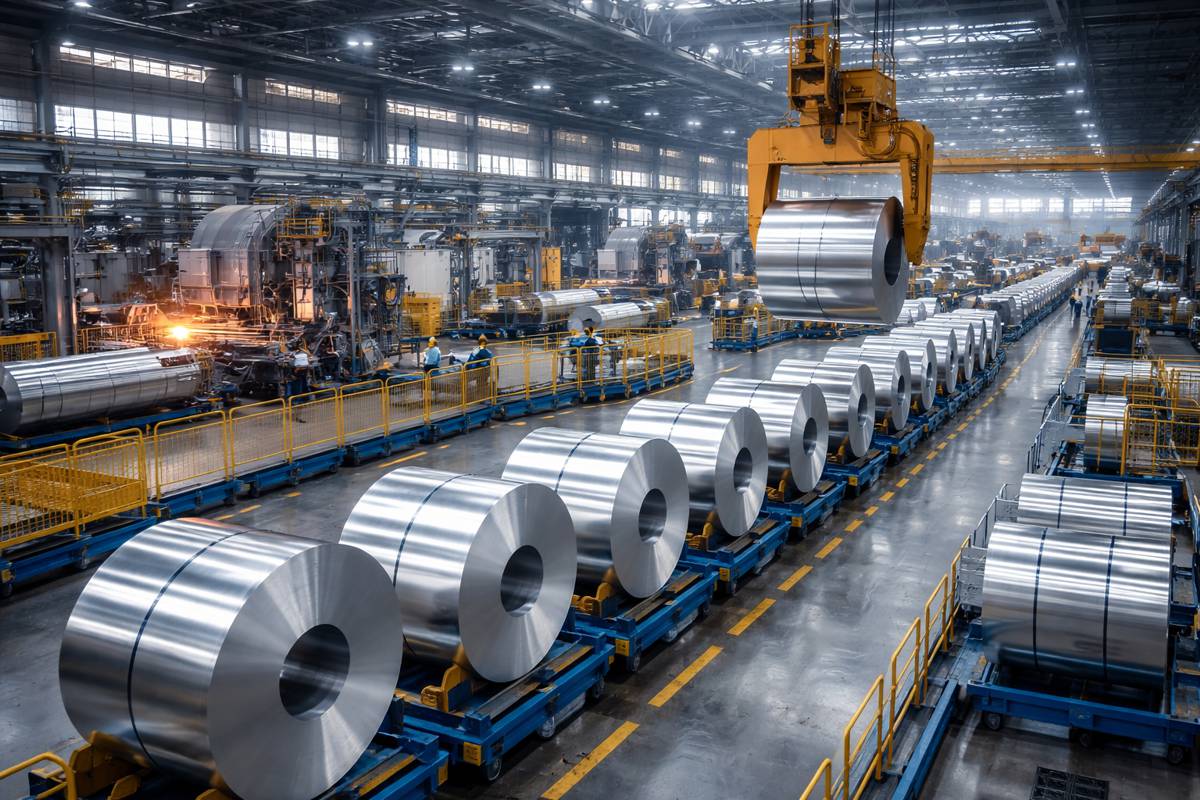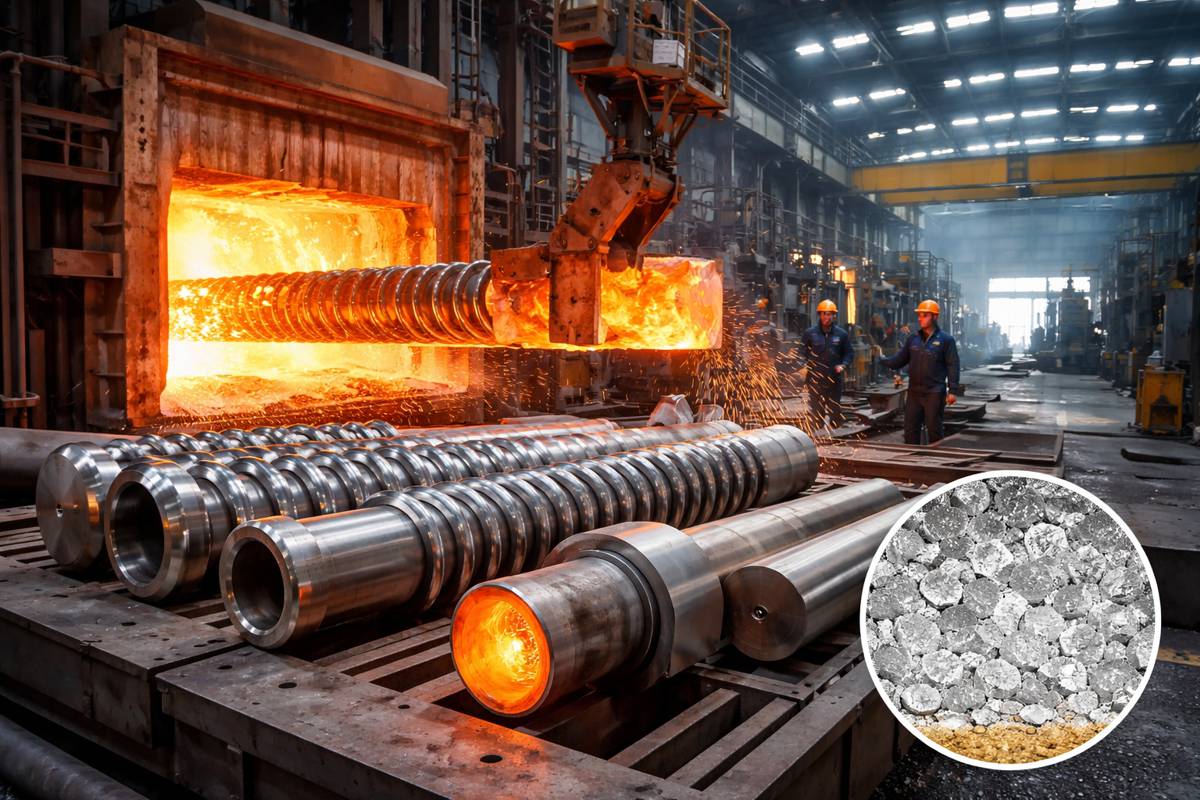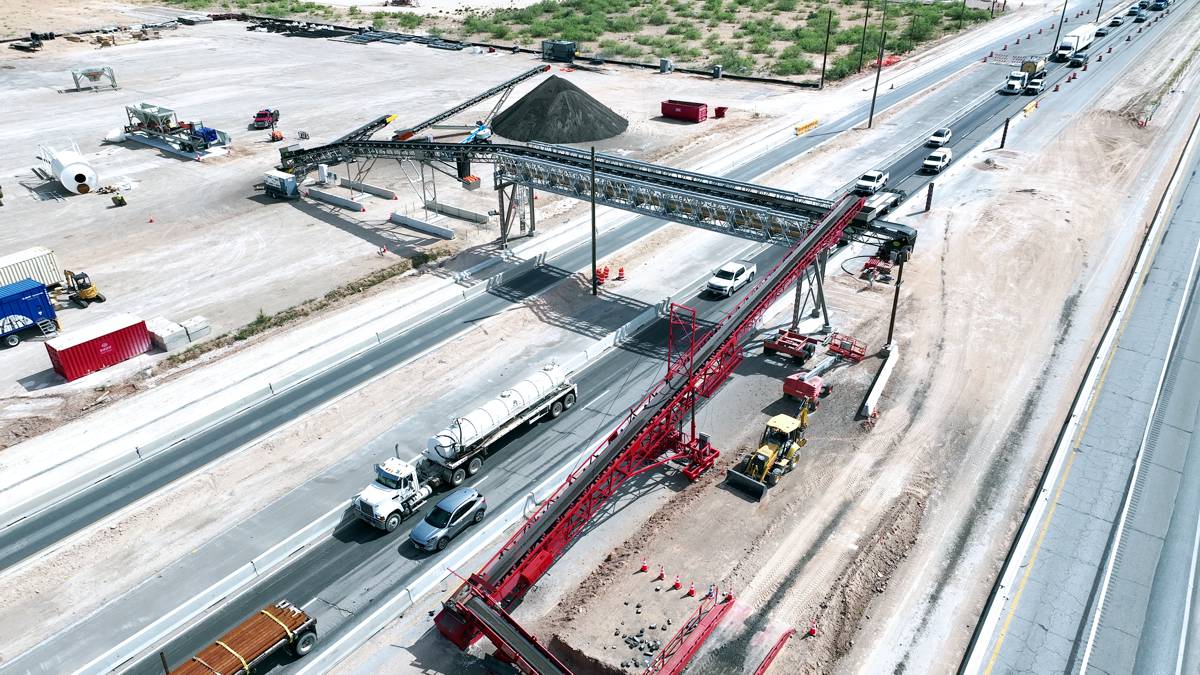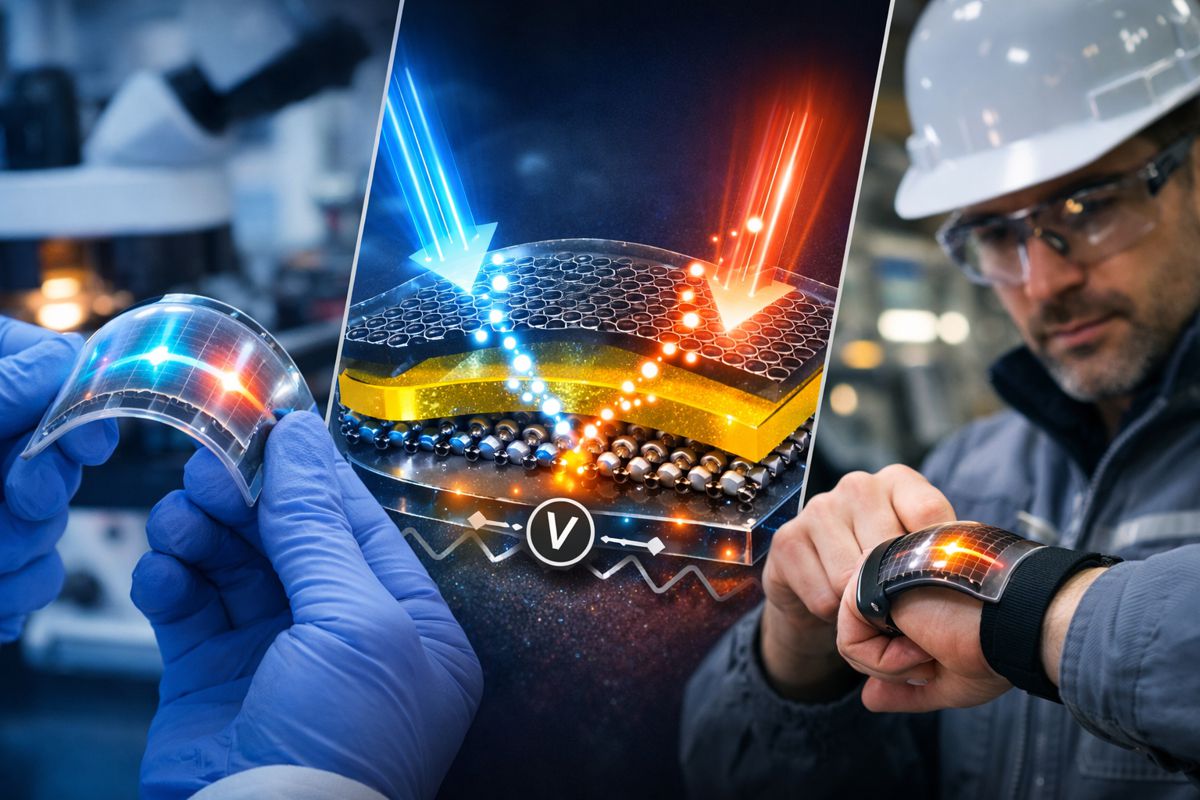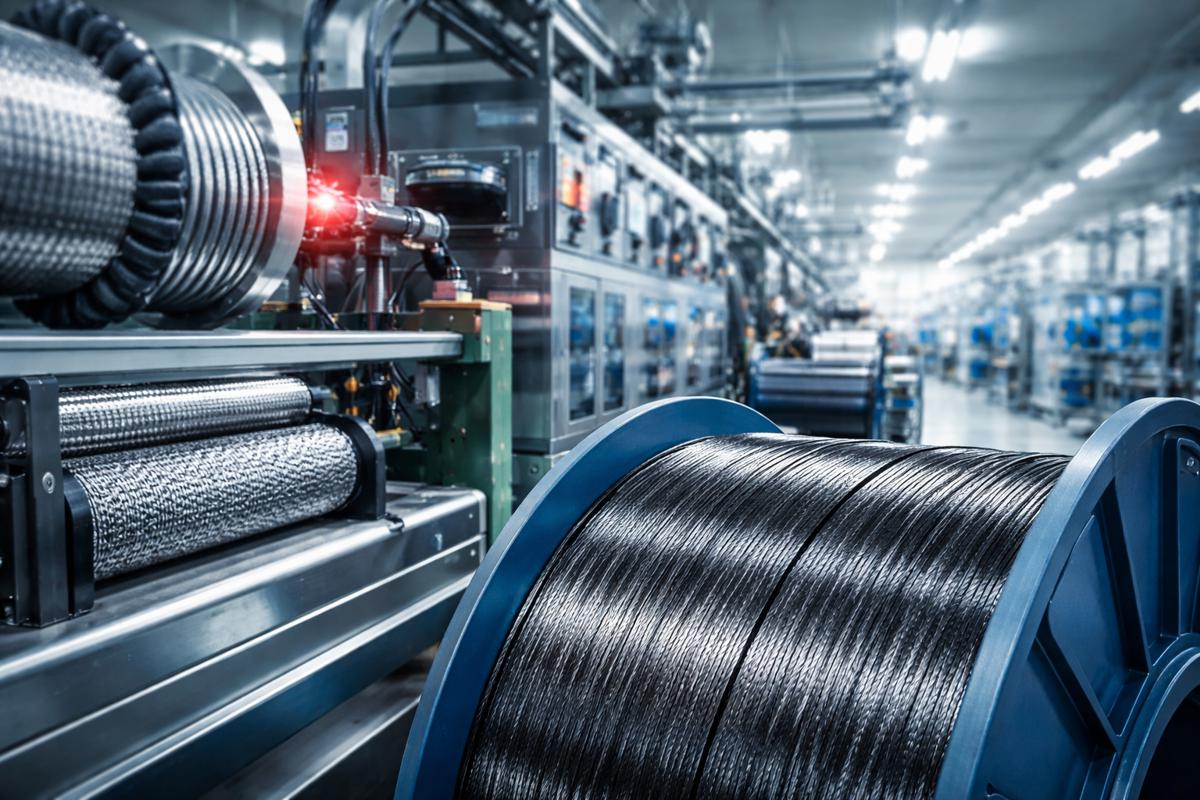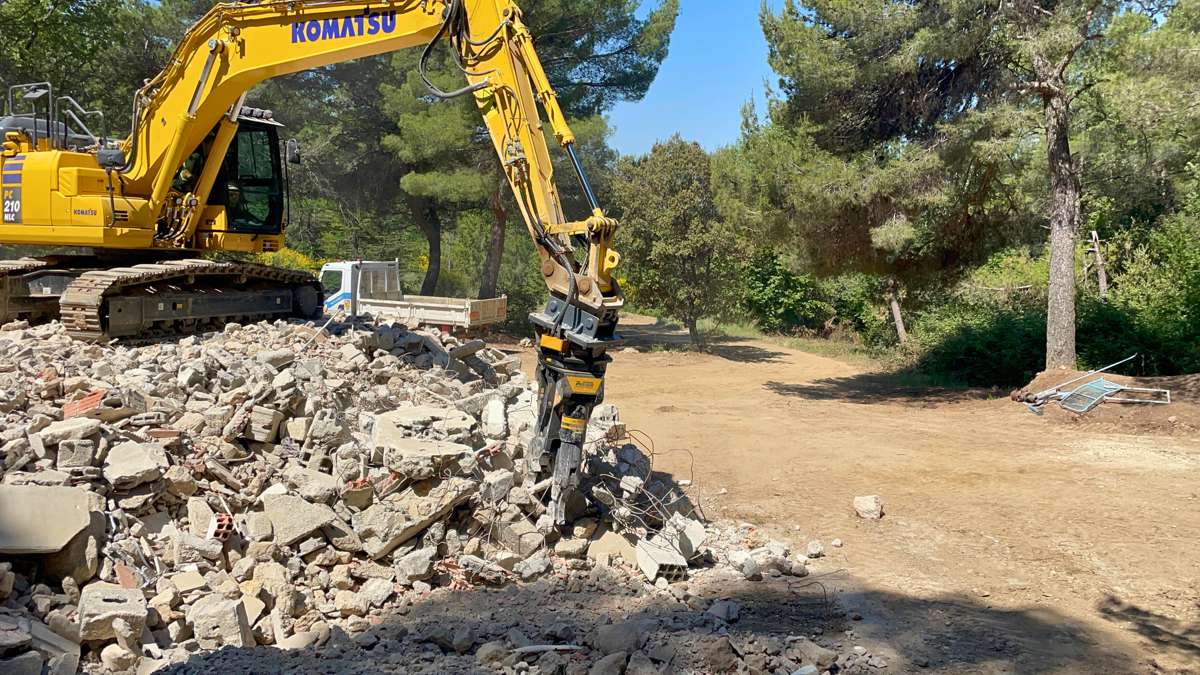Scientists explore Recycling Greenhouse Gases with Biotechnology
Acetone and isopropanol are important chemicals for industry. They are used to produce materials from jet fuel to solvents to detergents to plastics.
Currently, industry produces these two chemicals from petroleum using processes that release carbon dioxide and other greenhouse gases. Researchers have now developed a new fermentation process that efficiently converts carbon oxide gases into acetone and isopropanol.
The researchers used a combination of genomic analyses, computer modelling, and optimization of metabolic pathways outside the cells to engineer bacterial strains. The result is bacteria that convert carbon waste into valuable materials.
The Impact
Scientists have developed a process to convert industrial, agricultural, and urban waste gases into important chemicals. This process captures more carbon gases than it releases. Scientists call this “carbon-negative” biomanufacturing.
The new approach enables industry to produce plastics, fuels, and other chemicals more sustainably. This approach will also lead to faster development of efficient cell-based production methods.
This will reduce the greenhouse gas emissions and other environmental impacts of industrial activity.
Summary
Researchers from Oak Ridge National Laboratory, LanzaTech Inc., Northwestern University, and the University of Tennessee used an interdisciplinary approach to optimize strains of the bacterium Clostridium autoethanogenum to maximize production of acetone and isopropanol from waste gases. The scientists first searched the genomes of a collection of industrial strains for superior enzymes that produce acetone and isopropanol.
They tested multiple combinations of those enzymes in these bacteria to select the most efficient engineered sets of enzymes. The team then further optimized those metabolic pathways using computational modelling, cell-free enzyme screenings, and proteomic analyses to identify metabolic bottlenecks and competing pathways. Finally, they adapted the process for high rates and stability, and scaled up cultures to 120 litres for continuous conversion of waste gas to acetone or isopropanol.
Applying a life cycle analysis, the team demonstrated that this biomanufacturing approach reduced emissions of greenhouse gas by 165 percent compared to fossil fuel-based processes. While the production of these two chemicals from fossil fuels releases carbon gases, this biological process captures carbon. These results show that engineered acetogenic bacteria enable sustainable, high-efficiency, high-selectivity chemicals production. This multifaceted strain and process optimization demonstrates the potential for continued advances in biotechnology to shift industrial practices toward more sustainable methods.
Funding
Funding was provided by the Department of Energy (DOE) Office of Science’s Biological and Environmental Research program and the Office of Energy Efficiency and Renewable Energy’s Bioenergy Technologies Office. DNA synthesis was provided by the DOE Joint Genome Institute’s Community Science Program. The authors also acknowledge support by LanzaTech’s private investors.























